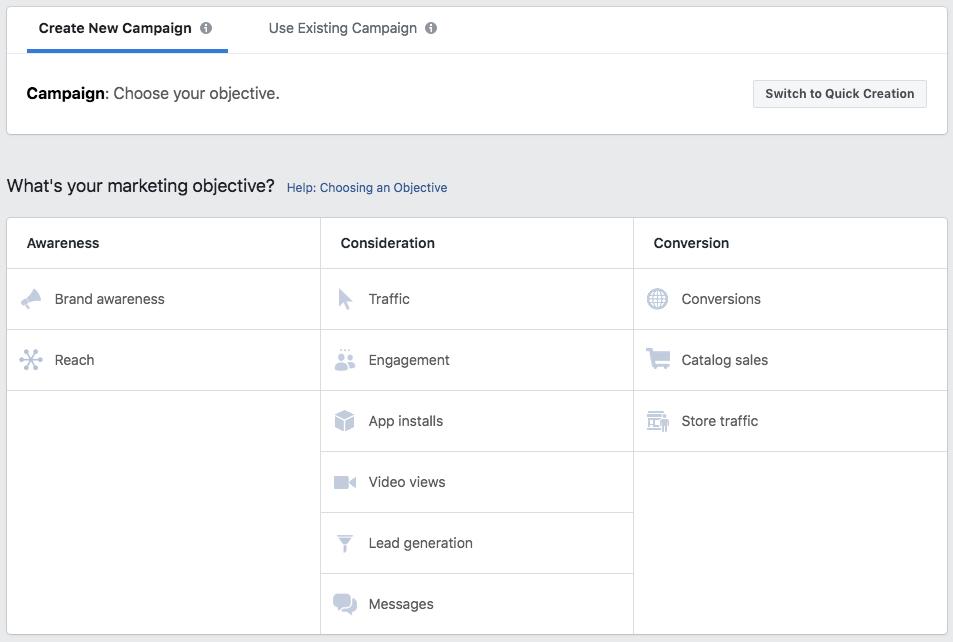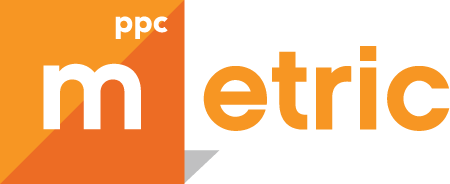How to Choose Facebook and Instagram Ad Campaign Objectives
One of the most misunderstood aspects of Facebook & Instagram marketing is how to select campaign objectives. Campaign objectives have algorithmic consequences on the performance of your campaigns so you should consider the options carefully. When we choose a campaign objective Facebook’s algorithms will use that objective to optimize our ad placements to try and achieve your end goal.
When setting up campaigns Facebook gives us three main categories to choose from. Our selection will affect things like who is seeing the ad, where the ad shows, when the ad shows, and how much the ads cost. Of course ad placements are also affected by our audience targeting but Facebook’s algorithms will also use our objective, bid strategy, optimization settings, and budgets to try and reach our marketing goals.
Types of Campaign Objectives
When setting up a Facebook campaign you have choices to make that depend on your goals for the campaign. For most companies there are typically three general marketing objective they trying to accomplish with Facebook ads so they have setup the following choices shown in the image below:

Here are definitions of what the above objectives mean for each general category:
Awareness: Objectives that generate interest in your product or service. Increasing brand awareness is about telling people what makes your business valuable.
Consideration: Objectives that get people to think about your business and seek more information. Drive engagement for likes, clicks, videos video views, etc.
Conversion: Objectives that encourage people interested in your business to buy or use your product or service.
Here is a link to the Facebook article describing what all the objectives mean in more detail: Facebook Objectives
Awareness Objectives
You can see that for each objective category there are at least two choices. The objectives listed for awareness are the most easily misunderstood. Facebook has the following definitions listed on their website for these two choices:
Brand Awareness: Increase people’s awareness of your business, brand or service.
Reach: Show your ad to as many people as possible in your target audience.
To understand how Facebook treats these two objectives differently you have to think about frequency. Frequency is a metric that tells us how many times an ad has been shown to unique people in your audience. If you have a frequency of 10 then the ad has been delivered to each unique member of your audience 10 times.
When you tell Facebook your objective is reach Facebook will keep the frequency low and try to reach as many people as possible in the audience demographics targeting you have chosen.
When you choose the brand awareness objective Facebook will try to deliver ads to people most likely to remember your brand. They use machine learning and data from user’s behavior on Facebook to determine who to show the ads to.
Facebook states that: The brand awareness objective gives you the estimated ad recall lift (people) metric, which shows how many people we estimate would remember your ad if we asked them within two days.
Summary
Before you run any marketing campaign you should have an objective in mind. Marketing objectives and goals are ultimately derived from your business plan (learn more in this article: Developing Marketing Plans From A Business Plan).
Your marketing objective when setting up Facebook or Instagram campaigns is defined as “what you want people to do when they see your ads”. And what you want them to do comes from your business goals.
The marketing objectives you choose in Facebook will greatly affect the outcome of your campaigns so make sure you understand the impacts of the choices you make.
Related Content

Sean Golliher
President
Sean periodically teaches as an adjunct professor on the topic of search engines and search marketing at MSU and is a member of their computer science advisory board. He completed coursework for his PhD in machine learning at MSU. He was the founder and publisher of SEMJ.org. Sean holds four engineering patents, has a B.S. in physics from the University of Washington in Seattle, and a master’s in electrical engineering from Washington State University. As president and director at metric ppc, Inc. he focuses on search marketing, internet research, and consults for large companies.
